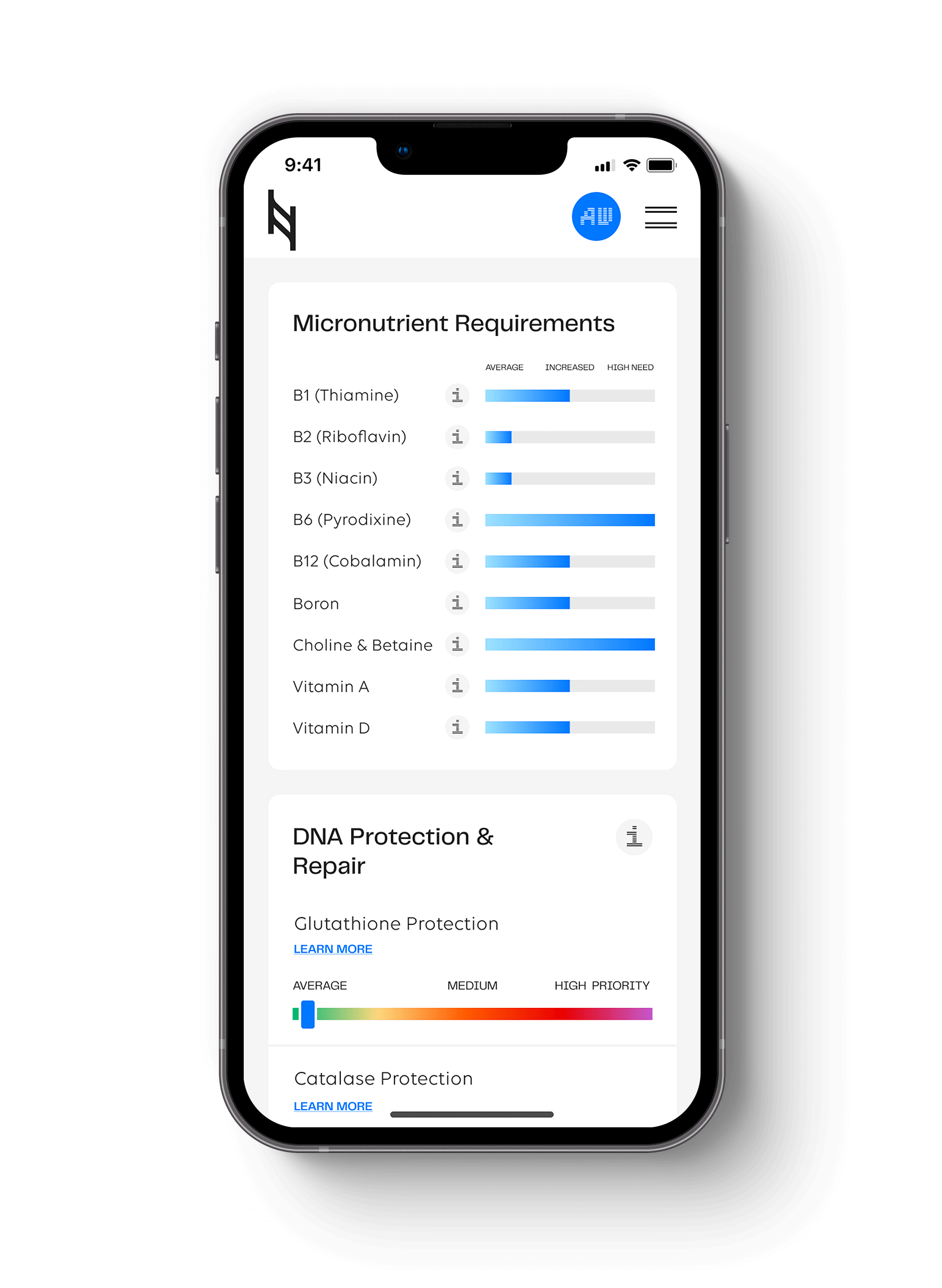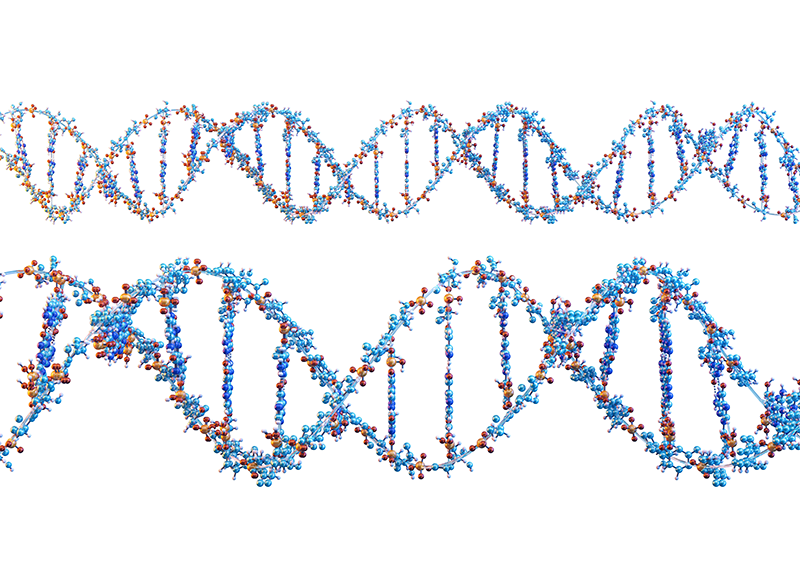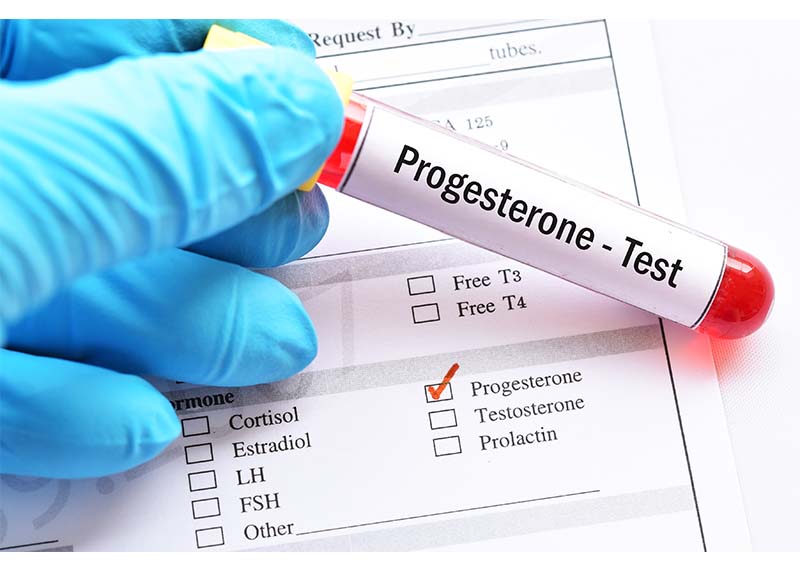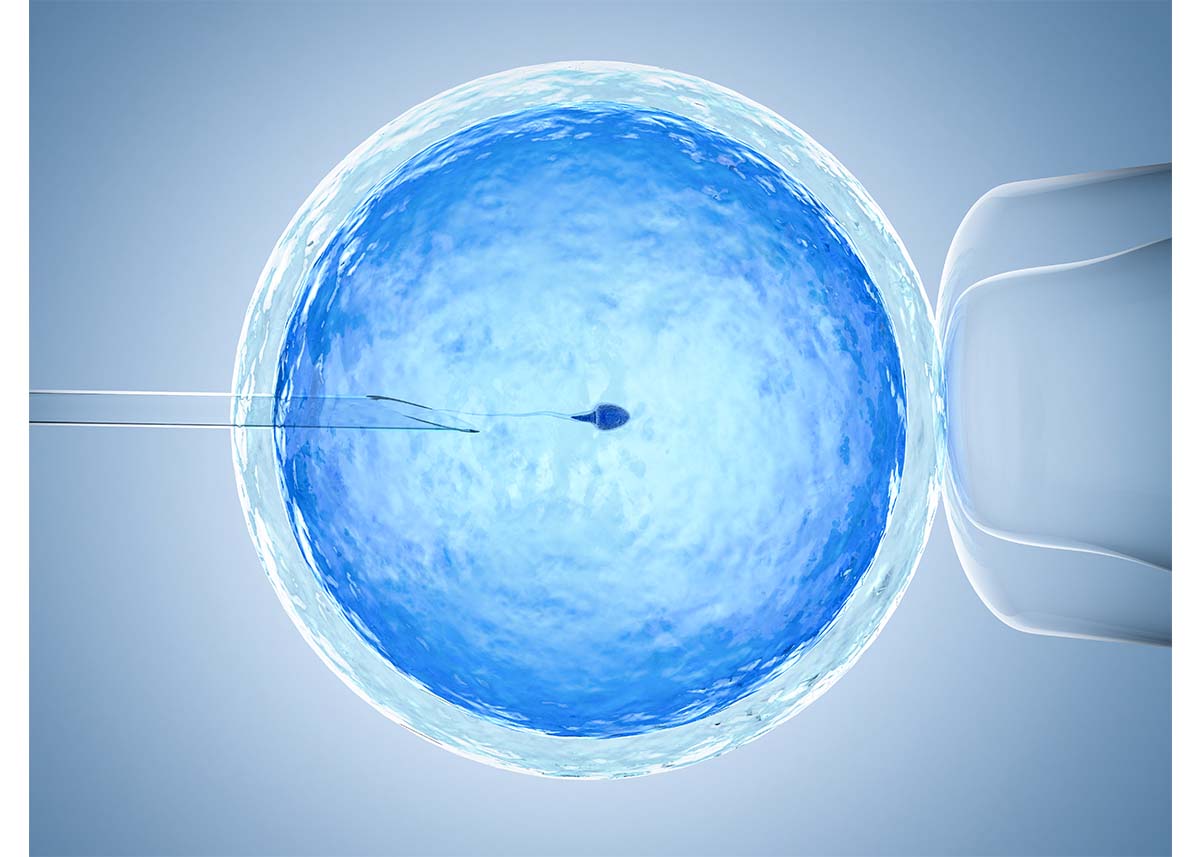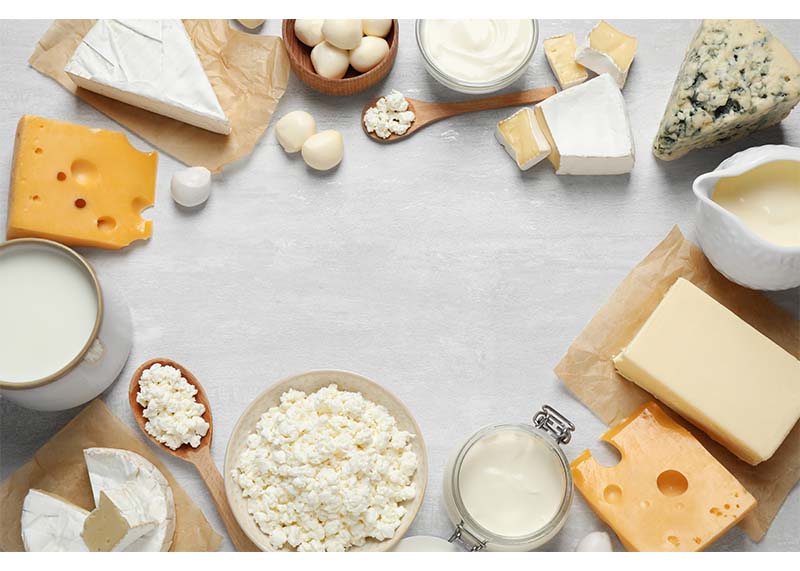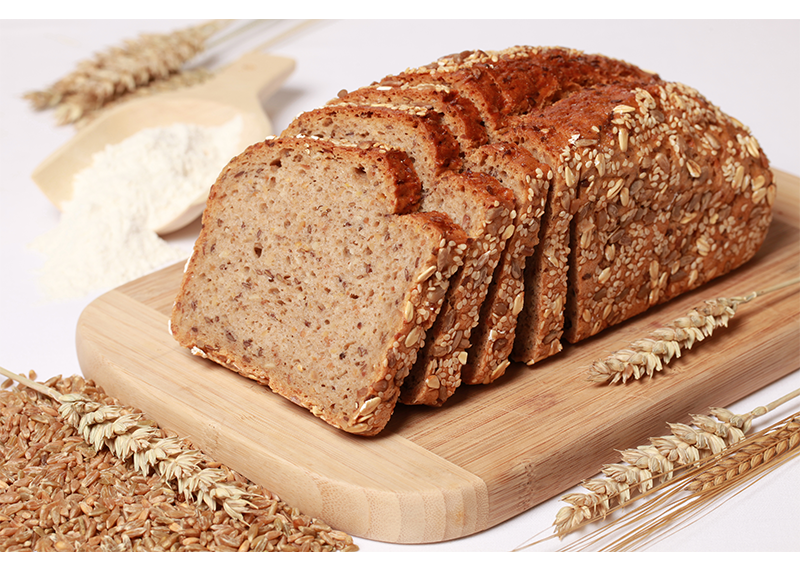Have you noticed that for every study that shows alcohol is harmful to your health, another one comes out a week later that shows the opposite? Depending on the study, you may conclude that alcohol will either cut your life short or help you live past 100.
What genetic research hopes to accomplish is discovering why and how people respond differently to alcohol. For example, variants in the ALDH2 gene have been found to influence the level and accumulation of acetaldehyde in the body from alcohol and appears responsible for alcohol-related adverse reactions including flushing, palpitation, nausea, headache, drowsiness, breathlessness, and general discomfort. This can also increase the risk of cancer in the oral cavity, pharynx, esophagus, larynx, liver, breast and colon.
There is a genetic reason for this. These gene mutations in alcohol metabolism occur primarily in Asians and are very rare in non-Asian populations. Researchers are still speculating as to why this genetic mutation occurred in only a certain part of the world, with one hypothesis being that a higher concentration of acetaldehyde was advantageous for parasitic infections endemic in East Asia.
In this article, we are going to look at how alcohol affects APOE, and if your APOE genotype may determine whether alcohol is harming your brain, or preserving it.
The History of Alcohol Consumption
The Neolithic era represents the agricultural age that started 10,000-12,000 years ago. Before this time, dairy did not exist and it has been debated when grains entered the hunter-gatherer diet. There is evidence of sorghum grain residues found on stone tools and African potato consumption at a site in Mozambique, Africa dating back to 103,000 B.C. There were also residues of 10 grass seed grains of triticeae – the family of wheat, rye and barley – and legumes in the teeth of Neanderthals in Belgium and Iraq who are believed to have lived 36,000-46,000 years ago.
As far as we know up until this point, it wasn’t until the agricultural age that our ancestors harnessed grain for beer and spirits, and grapes for wine. The history of beer dates back to the world’s first civilization, Sumer, in Mesopotamia approximately 6,000 years ago. A 6,000-year-old Italian wine was also recently discovered in a Sicilian cave, and in a Neolithic village in Iran’s northern Zagros Mountains, 7,000-year-old 2.5 gallon jars were discovered with evidence of winemaking. A 5,000 year old brewery was discovered in China, including a recipe of broomcorn millet, barley, Job’s tears, and tubers. But the oldest known fermented beverage was found in a 9,000-year-old tomb in China, where archeologists unearthed a recipe with hawthorn fruit, sake rice, barley, and honey.
The Connection to Hunter-Gatherers, Agriculturists, and APOE
In your Nutrition Genome Report, you can find APOE in the Neurotransmitter and Mental Health section (your APOE genotype is listed in the Strengths or Weaknesses of the DNA kit version). There are three main isoforms of APOE in humans (e2, e3, and e4), and all great apes carry the APOE-e4 allele. The e4 genotype is found today in 15% of individuals, while the e3 allele is found in 78% of people, especially in regions with a long-established agricultural economy. The ancestral e4 allele remains high in regions where an economy of hunting and gathering still exists or where food-supply is often scarce.
We have given multiple examples in past blog posts of genes that are considered “trade-offs” including the COMT gene (Are you Worrier or a Warrior?) and the HFE genes in people with Irish heritage and hemochromatosis. APOE4 is an excellent example of a gene that confers an advantage in one period of life but later presents as a disadvantage.
During the hunter-gatherer era, APOE4 appeared beneficial in protecting against miscarriage, stillbirth and certain infectious diseases evoked by both viruses and bacteria. The trade-off, however, was decreased injury repair to the brain and the symptoms likely didn’t occur during the hunter-gatherer era due to a shorter life span. So it makes more sense that our species to selected APOE4 because early life survival was a bigger threat. APOE4 carriers have also been shown to exhibit cognitive benefits earlier in life and higher intestinal absorption of dietary vitamin D and calcium, promoting stronger bones.
Should You Drink Alcohol with APOE4?
How does alcohol factor into the equation? Since alcohol appears to be introduced during the agricultural age, should it be avoided for those with genes that represent more of a hunter-gatherer era?
APOE3 does not increase the risk of Alzheimer’s disease, while APOE2 carriers are actually at a decreased risk for developing the disease. The risk of cognitive decline conferred by carrying the e4 allele (with e4/e4 being more impactful than e3/e4) is greater among individuals from northern Europe, with impaired brain immune cells and imaging studies showing higher levels of brain amyloid-β (Aβ), and lower levels of CSF Aβ42 compared to non-e4 carriers, findings that are associated with Alzheimer’s disease risk.
Research has also shown that this risk can be cut down dramatically with diet, healthy sleep patterns, cognitive challenges, and exercise. What constitutes a healthy diet with APOE4 is where you see the differences from general guidelines.
A recent study titled Clinical Application of APOE in Alzheimer’s Prevention: A Precision Medicine Approach analyzed alcohol consumption and the risk of Alzheimer’s disease. In general population studies, light to moderate drinking has been found to reduce the risk of Alzheimer’s disease, while heavy drinking has been associated with an increased risk. However, when researchers factored in the APOE gene, the results for light to moderate drinking changed.
Here are the results:
APOE 2/2, 2/3, and 3/3
| APOE | rs429458 | rs7412 |
| 2/2 | TT | TT |
| 2/3 | TT | TC |
| 3/3 | TT | CC |
- Up to three servings of wine per day was associated with a lower risk of Alzheimer’s disease for non-e4 carriers (2/2, 2/3, 3/3)
- Both light (1-6 drinks per week) and moderate (7-14 drinks per week) alcohol consumption was associated with an improvement in learning and memory for non-e4 carriers (2/2, 2/3, 3/3)
APOE 3/4 and 4/4
| APOE | rs429458 | rs7412 |
| 3/4 | TC | CC |
| 4/4 | CC | CC |
- The consumption of any amount of alcohol may increase the risk of Alzheimer’s disease for e4 carriers
- Both light (1-6 drinks per week) and moderate (7-14 drinks per week) alcohol consumption was associated with a decline in learning and memory for e4 carriers
- Other research found that e4 carriers who consumed alcohol one or more times per month had a higher risk of Alzheimer’s disease than those who never consumed alcohol. An increased risk for e4 carriers was also found with increasing amounts of alcohol consumption.
Alcohol may have benefits or harm depending on the individual, especially those prone to alcoholism. Another issue is that alcohol can be neurotoxic and affect REM sleep. So it makes sense that those with APOE4 would be more sensitive to neurotoxic damage due to reduced neural repair, impaired brain immune cells, disrupted sleep, and subsequent amyloid plaque build-up from alcohol use. This may be disappointing to some, but it appears that conservative new guidelines for APOE4 carriers should be to eliminate all alcohol as the safest precaution.
How Alcohol May Affect the Best Dietary Approach with APOE
If you have been told to follow a Mediterranean diet with a glass or two of red wine each night for Alzheimer’s prevention, this advice may be misguided with respect to APOE4. Like alcohol consumption, the Mediterranean diet has been associated with a decreased risk of Alzheimer’s disease. However, these studies also suggest this applies to APOE3 carriers and not APOE4 carriers.
This also brings the question of saturated fat intake and Alzheimer’s risk, which has been debated with APOE4. Some studies suggest that high saturated fat diets are associated with a greater risk (7-fold increase) of Alzheimer’s disease for e4 carriers compared to non-e4 carriers. However, a separate study also found that low-saturated fat intake yielded conflicting results.
Another study demonstrated that a high saturated fat diet combined with a high glycemic diet actually exhibited greater improvement in cognitive function in APOE4 carriers whereas it decreased cognitive function in non-e4 carriers. Why the conflicting results? Most likely because there are individual genetic differences in saturated fat and carbohydrate metabolism that are not being accounted for.
Our recommendations at Nutrition Genome are to look at all of the genes associated with protein, saturated fat metabolism, carbohydrates, fiber, omega-3 requirements, choline, polyphenols, vitamin D requirements and glutathione (GPX1). While alcohol appears to be best avoided for those with APOE4, the recommended diet for APOE4 is going to be one that is tailored to your individual genetic requirements.
Hit your health goals faster
We'll help you remove the guesswork
Experience the most advanced nutrigenomic test available, covering 100 clinically relevant genes for a "whole body" analysis. Take control of your health today.
$359
